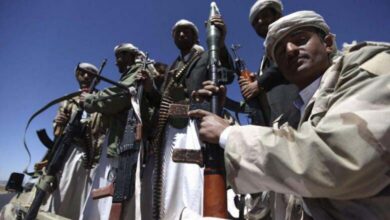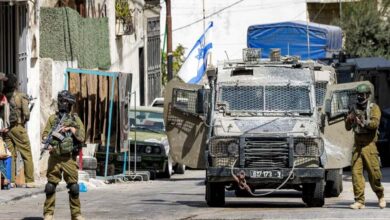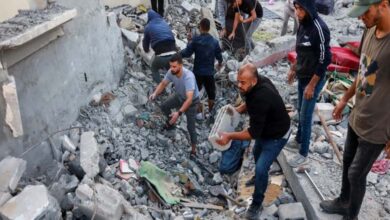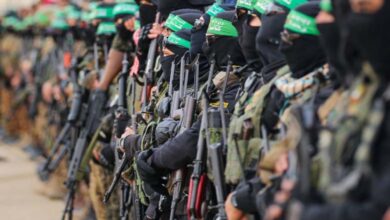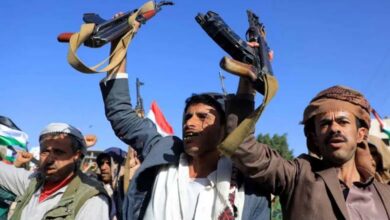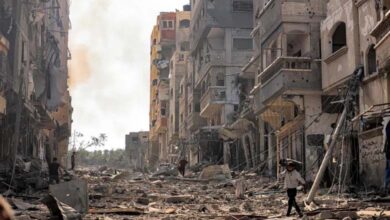We Don’t Want to Hear the Word Evacuation: Gaza Voices Stand Against Displacement Plans
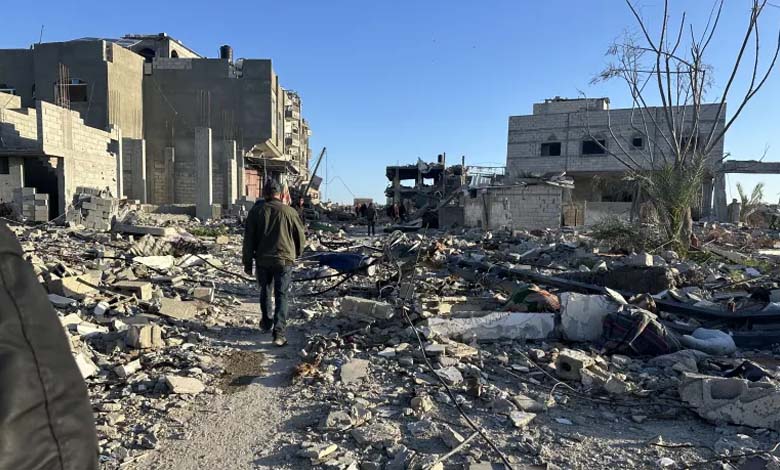
As residents of the Gaza Strip struggle to survive amid an unrelenting war, a new Israeli plan threatens to deepen the suffering of civilians already worn down by repeated displacement.
-
11 Dead in Israeli Airstrike on Khan Younis… Gaza on the Brink of Total Collapse
-
New Israeli Technologies in Gaza: Artificial Intelligence Sparks Ethical Debate
Israel’s latest initiative, called “Chariots of Gideon”, aims to forcibly displace residents from northern Gaza. The plan has triggered a fresh wave of despair among Palestinian civilians, many of whom have already been displaced multiple times since the war began.
This displacement strategy would further worsen Gaza’s already dire humanitarian conditions. Hunger levels have surged since Israel imposed a blockade on aid supplies in March, prompting the United Nations this week to warn of a “deepening humanitarian catastrophe.”
-
Gaza Crisis: Agreement on an Independent Committee and Security Training in Cairo
-
48 Hours… Hamas Sets Deadline to Respond to Gaza Truce Proposal
“We Don’t Even Want to Hear the Word Evacuation”
“We don’t even want to hear the word evacuation again,” said Anis Junaid, 31, a displaced Palestinian living in a temporary shelter in northern Gaza, to The New York Times.
He noted that his family had already been displaced at least six times since the outbreak of war in October 2023.
“Displacement means death, humiliation, and homelessness,” he added.
On Wednesday, around 60 people were killed in Israeli airstrikes on Gaza, amid a worsening humanitarian crisis and growing international condemnation of Israel’s plan to expand its military operations in the besieged and devastated territory.
-
Relentless Bombardment and Daily Evacuation Warnings: Gaza Bleeds in Blood and Geography
-
More than Half of Gaza under Netanyahu’s Control… Morag Encircles Rafah to ‘Strangle’ Hamas
On Monday, Israeli authorities announced the mobilization of tens of thousands of reservists to intensify the war effort in Gaza.
Israeli leaders hope that this campaign will pressure Hamas to make concessions in the stalled ceasefire negotiations and release the remaining hostages still held in Gaza.
A Hamas spokesperson said Tuesday that the group was no longer interested in participating in ceasefire talks.
According to The New York Times, the situation has only deepened the sense of hopelessness among civilians in Gaza.
-
The Rafah Brigade Remains a Military Challenge for the Israeli Army in Gaza
-
Gaza News Now: Ongoing Israeli Incursion and Bombardments Accompanied by Calls for a Global Strike
On the Brink
Wafaa Al-Ghouti, 35, an accountant and mother of five, said she had been displaced seven times since the beginning of the war. She currently shelters in a tent in a coastal area of southern Gaza.
“The situation is extremely hard, not just because of repeated displacement, but also because of hunger and the inability to get even a loaf of bread. Every time we settle somewhere, we are forced to move again,” she explained.
She now has one final bag of pasta left to cook over the next 24 hours.
“Sometimes, we are so focused on surviving—finding food and medicine for the children—that we miss the news,” she said.
-
Gaza Invasion Expands: Israeli Operation in Shuja’iyya
-
Gaza Truce: Three Disputes Prevent a Ceasefire Agreement
“But this announcement (Israel’s plan) hit us like lightning,” she continued, noting that she had already packed a small bag with her children’s clothes and essential documents, just in case.
It has now been almost two months since Israel broke the ceasefire in March and resumed its military campaign after the collapse of negotiations.
Since then, near-daily airstrikes and expanding ground operations have resulted in thousands of deaths and injuries.
According to the UN, over 1.9 million people — the majority of Gaza’s population — have been displaced since the war began.
-
Hamas Attempts to Suppress the Anti-Government Protests in Gaza
-
From Beirut to Gaza… A New Mission for Israel’s 36th Division
The humanitarian situation has deteriorated sharply in recent weeks due to Israel’s blockade on relief supplies. Most bakeries are no longer operating, food stocks are depleted, and medical supplies are critically low.
Israel argues that its blockade is legal and that Gaza still has sufficient reserves.
But Anis Junaid says he is struggling to secure even basic necessities for his two children. His family now survives on just one meal a day.
“Every hour that passes is worse than the one before,” he concluded, his voice heavy with frustration.


